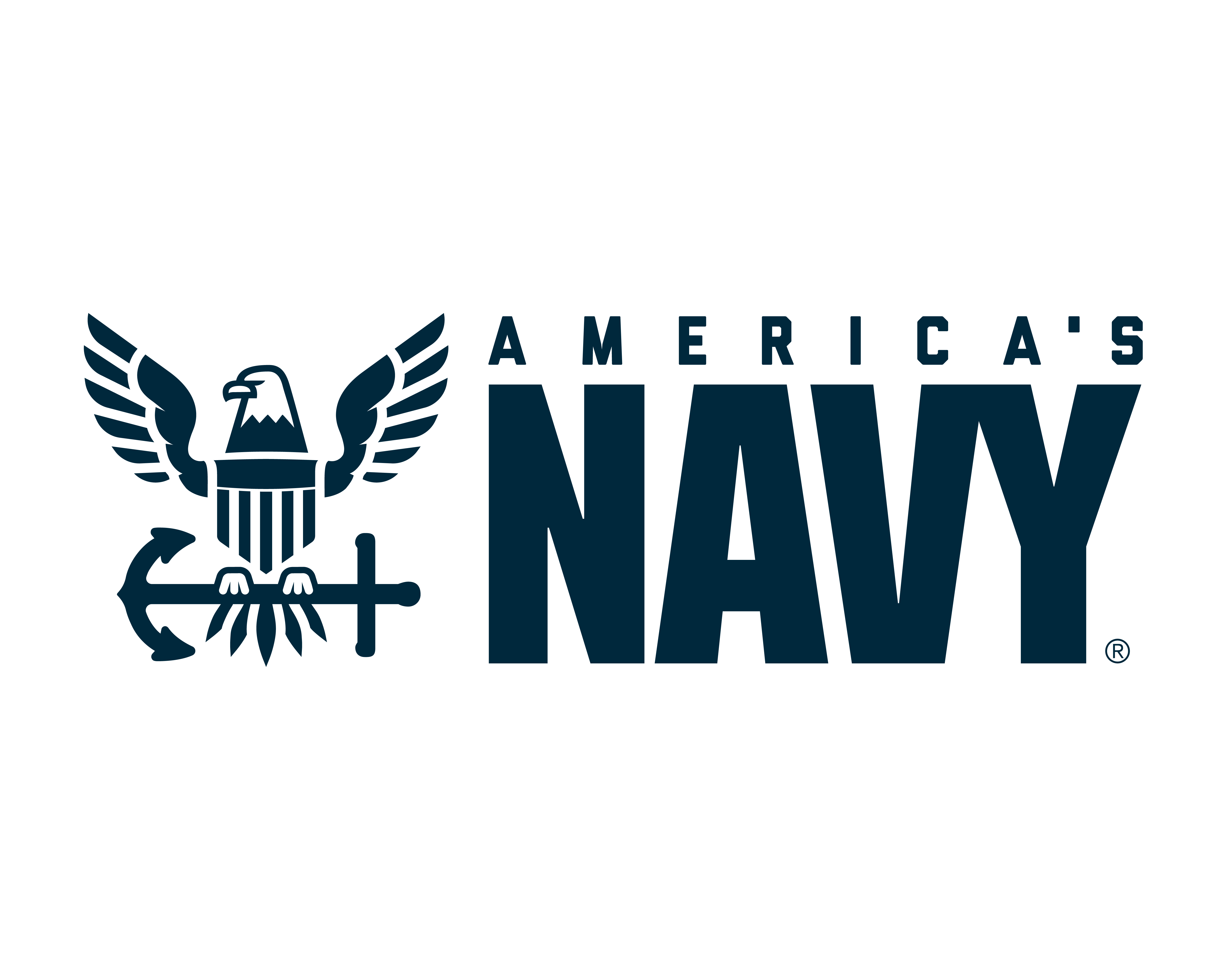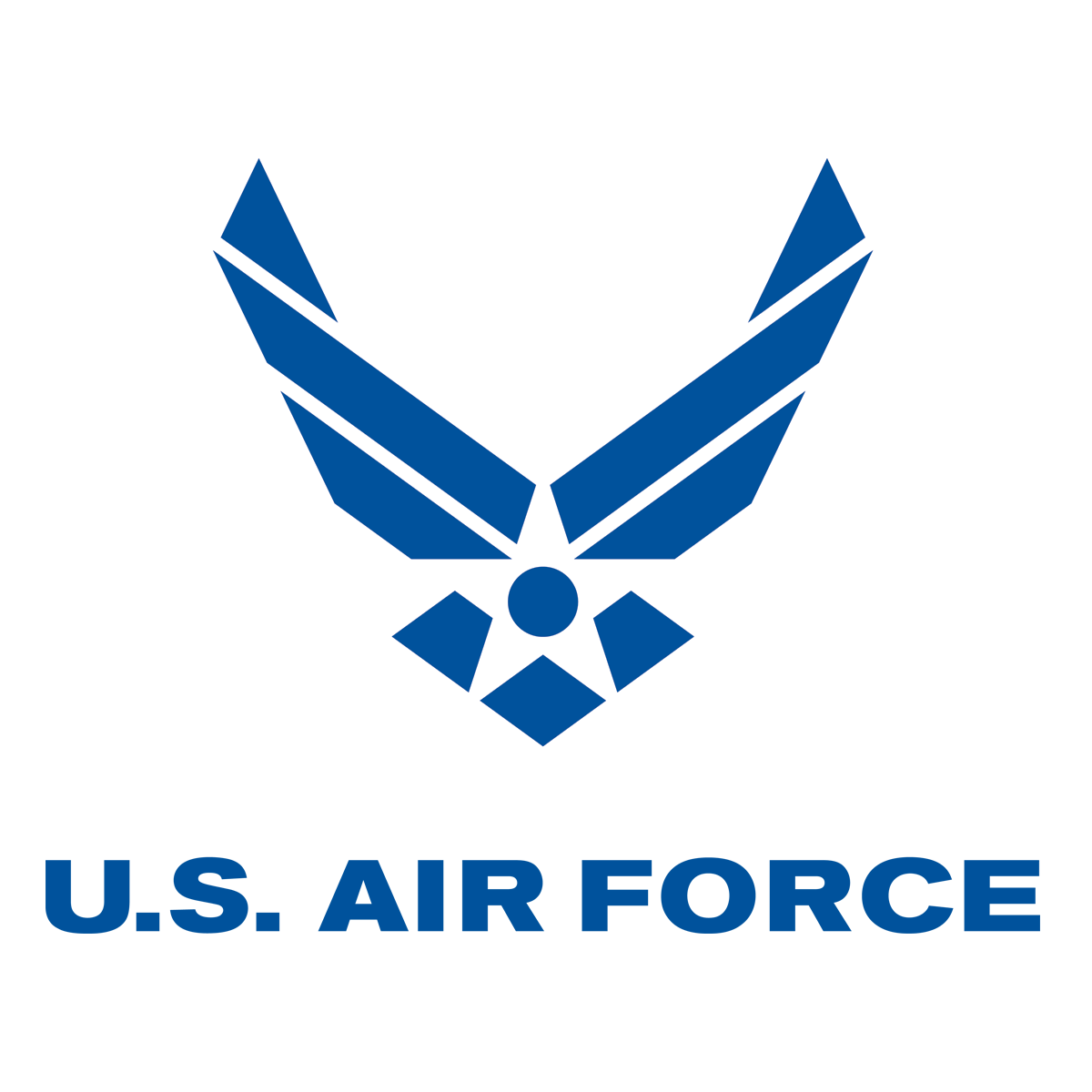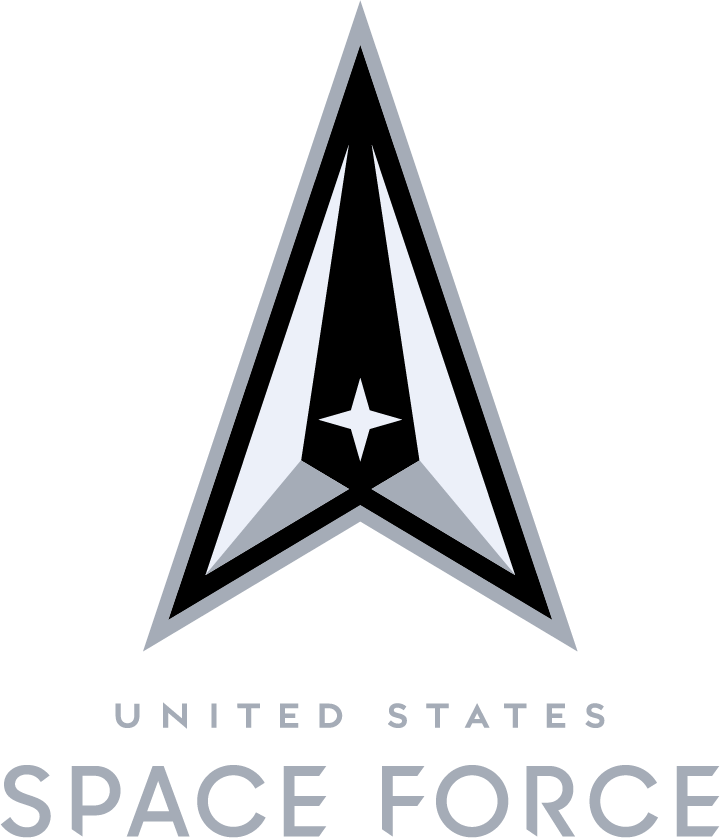Military Nuclear Medicine Physicians
Military Career
General Information
Description
Nuclear medicine physicians plan, conduct, interpret, and direct nuclear medical examinations and therapy, including systemic administration of ionizing radiation, patient care, and activities concerned with the medical aspects of nuclear energy and bionucleonics. They train and supervise technicians in the use and care of equipment and radioactive materials, and in the protection against radiation hazards.
Explore this career outside the MilitaryWork Environment
Nuclear medicine physicians work in hospitals and clinics on land and aboard ships.
Workplace at a Glance
What you can expect to experience while on the job
- Responsibility
- Exposure to job hazards
- Physical activity
- Decision making
- Repetitiveness
- Level of competition
- Time pressure
Comparable Industries
- Health Science
Military Outlook
Service Branches
Jobs in this career field may be available in other service branches. Call or email a particular branch for more info.
Military Status
- Officer
- Managerial/professional
- College degree required
Military Workforce
Nuclear Medicine Physicians in the Military
2,061
Salary
Salary Information
Median Military Salary This is the median, or the midpoint, of the salary range for this career.
$126,078
Military Salary Range Salary varies based on years of service, degree level, special pays, family status and location. Learn more about Military benefits.
$62,503 - $292,243
What makes up a Military salary?
Military salaries include a lot more than just base pay.
They also offer:
- Housing allowances
- Subsistence allowances
- Special and incentive pays
- Cost-of-living allowances
- Hazardous-duty pay
- Bonuses
Learn more about what goes into a salary with the compensation estimator
Learn more about military insurance and retirement benefits
Education
Most Common Education Levels
People in this career achieve this level of education.
-
Associate's degree 50%
-
Bachelor's degree 37%
-
Post-secondary certificate 8%
-
Some college 3%
-
High school 0%
-
Master's degree 0%
-
Doctoral degree 0%
-
Post baccalaureate 0%
-
Less than high school 0%
-
Post-doctoral training 0%
-
Post-master's certificate 0%
-
First professional degree 0%
Military training
Officers typically enter the Military after they have completed a four-year college degree; enlisted service members can transition to officer positions through a variety of pathways and earn a degree while serving. Job training for nuclear medicine physicians primarily consists of on-the-job learning in various training environments. Scholarships for advanced medical training are available in return for an obligated period of military service. Qualifying students benefit through unique training experiences and get to attend certain military short courses designed to develop tactical, technical and operational skills unique to the military environment. Like other officers working in healthcare, they complete a comprehensive training program covering responsibilities, orientation to military structure, healthcare and etiquette, traditions, and leadership development. Job-specific training content may include: Team Strategies and Tools to Enhance Performance and Patient Safety/TeamSTEPPS® Essentials and Fundamentals Mishap Investigation and Prevention Operational Aeromedical Problems Senior LeadershipJoint Operations Medical Management
Read MoreSkills at a Glance
Skills helpful in this career
- Verbal skills
- Critical thinking & problem solving
- Equipment operation & maintenance
- Math & science skills
- Technology design & control
- Leadership
Knowledge
- Customer and Personal Service
- Psychology
- Computers and Electronics
- Education and Training
- Medicine and Dentistry
Gain insights into your knowledge by using the ASVAB Career Exploration Program
 Army
Army Marine Corps
Marine Corps Navy
Navy Air Force
Air Force Coast Guard
Coast Guard Space Force
Space Force